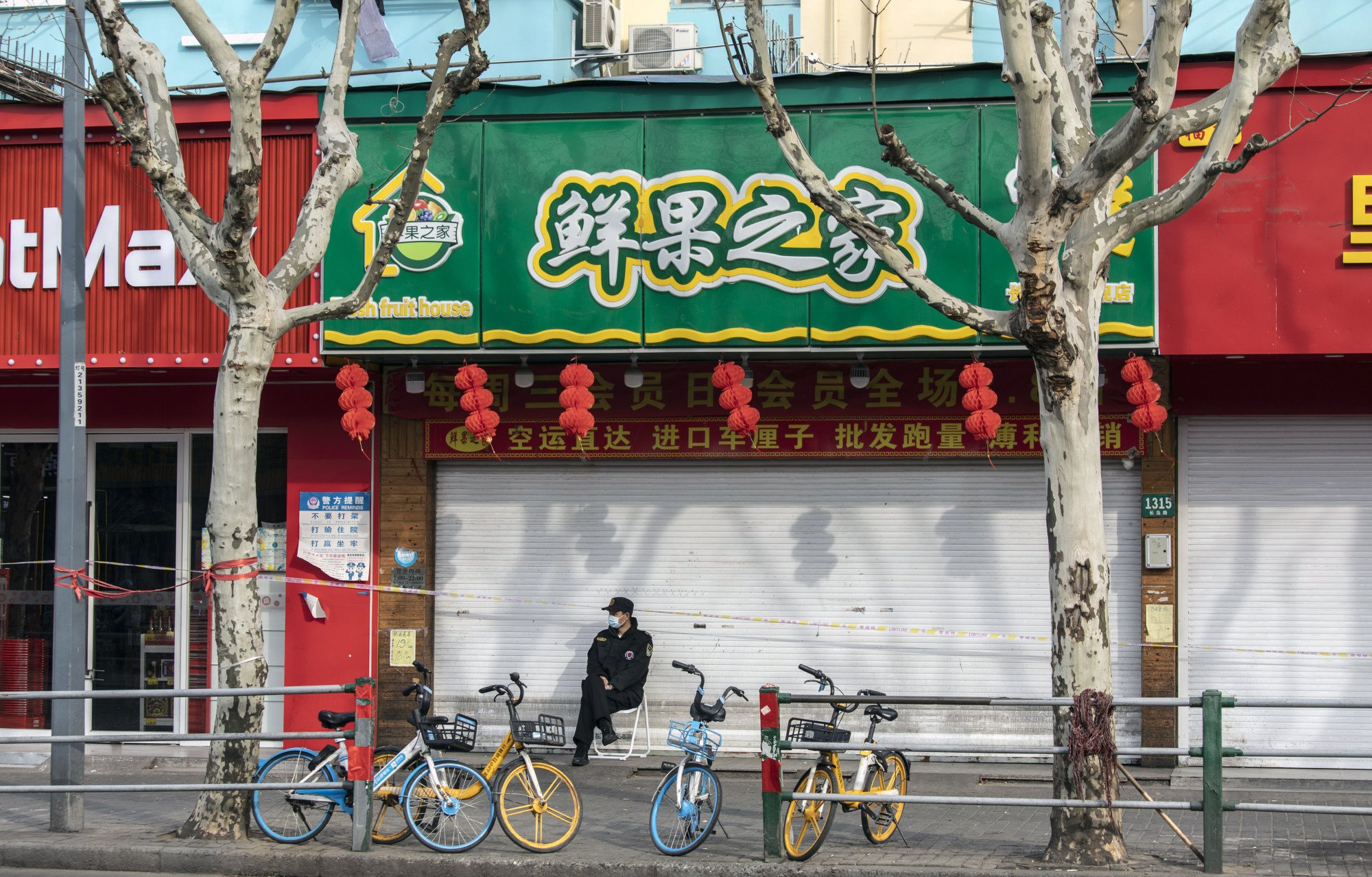
Why a Covid-19 audit must be a priority for Hong Kong and the world
- A new book by Bill Gates argues that if governments had acted more quickly to contain the outbreak, millions of lives could have been saved
- While Hong Kong needs to reevaluate the zero-Covid strategy that served it well in 2021, globally governments must rethink ‘go-it-alone’ approaches
Our own audit needs to coincide with an audit worldwide. Avoiding a repeat of the tragedy of the past two years must be a global priority.
Since it is inevitable that new pathogens will emerge, the key will not be to prevent them, but to respond quickly and comprehensively enough to prevent an outbreak becoming a pandemic.
The headline imperatives are to move fast and ensure global cooperation – not a small ask, in view of the current dysfunctional reluctance to cooperate internationally on almost anything.
Gates is adamant on the need for speed: “If we had stopped Covid in 100 days, we would have saved 98 per cent of the lives lost.” In hard numbers, that implies at least 14.6 million lives would have been saved.
If the International Monetary Fund is correct in calculating that the pandemic has cost the global economy more than US$12.5 trillion, then a speedy response might have saved us over US$12 trillion.

Meanwhile, Hong Kong has its own sad audit to undertake. Last month, Bloomberg published results of a massive survey of who has handled the pandemic best – with the least social and economic disruption.
Observing that Hong Kong “remains largely isolated from the world”, Bloomberg said that while “zero-Covid” worked well through 2021 – and might have been the best option if adequate global action had been achieved within that first 100 days – “the elimination approach has deteriorated in its ability to limit social and economic disruption”.
John Lee must grapple with how to summon the courage to argue with Beijing that a policy that might be correct for a huge and largely self-contained economy like China, cannot work for a small economy that is tightly integrated with the global economy.
Hong Kong must reopen to the outside world, to save itself
As people in Hong Kong at long last begin to think about foreign travel this summer, the government will also need to warn potential travellers that the world out there is not yet safe. Over the past month alone, the United States has suffered almost 12,000 Covid-related deaths, while the United Kingdom has seen 6,500 deaths, and South Korea 4,200.
Recall that even after the terrible Omicron wave, Hong Kong has only lost around 9,300 people to Covid-19 since 2020. Social distancing habits learned over the past two years will need to stay in place for some time.
Our local audit will be important, but not as important – or urgent – as the audit that needs to occur globally, and which has rightly been targeted by Gates. Our first global lesson must be that international cooperation is indispensable.
Covid-19 cannot be eliminated anywhere until it has been eliminated everywhere. At the heart of this cooperation must be the World Health Organization, which needs to be greatly strengthened.
At present, the WHO’s budget is around US$5.8 billion, with about US$1.36 billion spent on global health cover, US$1.1 billion on country support programmes, and US$1 billion on emergencies. Gates argues persuasively that this needs to be boosted.
He recommends a US$1 billion-a-year Global Epidemic Response and Mobilisation (GERM) initiative, comprising 3,000 experts, primarily focused on early warning systems, saying, “We want to stop an outbreak before we have to do a global vaccination campaign.”
Asia must close the pandemic learning gap to tackle wealth inequality
Beyond this, he calls for US$15-20 billion a year worldwide to deliver pandemic management resources like personal protective equipment, respirators, intensive care facilities, and health carers – and a further US$30 billion a year to build a global network of healthcare systems. “We need to spend billions to save trillions,” he says.
In contrast with the tragic “go-it-alone” strategies adopted by so many governments during the pandemic, our postmortem audit must focus on information-sharing at speed, and agreement wherever possible on common protocols.
Few governments across the world will come out of the Covid-19 pandemic with much credit. If we fail to audit, if we fail to work cooperatively to learn from lessons and tackle mistakes, then we are doomed to relive the traumas of the past two years.
David Dodwell researches and writes about global, regional and Hong Kong challenges from a Hong Kong point of view


